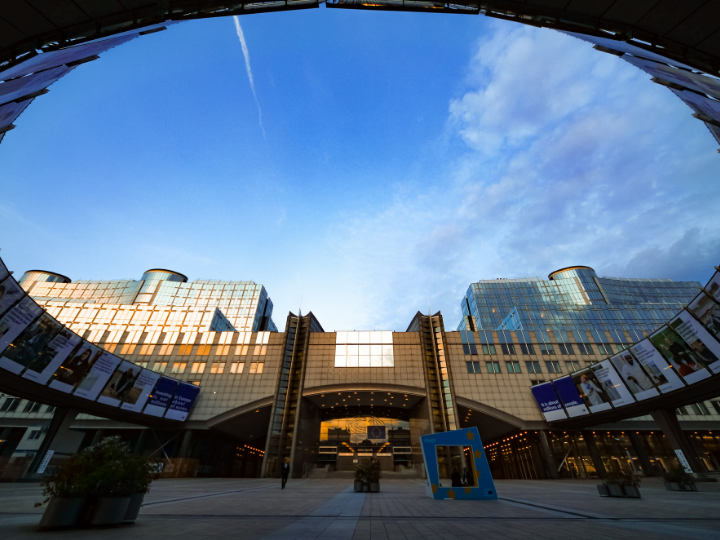by Georgi Gotev
For a long time, there had been no mention of EU treaty change. And then, all of a sudden…
Firstly, Commission chief Ursula von der Leyen raised the topic in her State of the Union speech on 13 September. To reform the EU and make it better, she said, that means going through a European Convention and treaty change if and where it is needed.
A few days later, a Franco-German report, commissioned by both governments on how best to reform the EU and prepare it for the accession of future members, was made public. The reform it envisages clearly requires treaty change.
It is widely assumed that changing the EU treaties – after the painful ratification of the Lisbon Treaty, which took two years to complete – is considered “mission impossible”.
Even if EU leaders were able to agree to a set of changes, this would need to pass the ratification in national parliaments and, in some cases, the daunting test of referendums.
The Franco-German report essentially proposes that member states agree that some of them would be officially relegated to second-class members.
It proposes that the EU could move forward in four circles: 1. The inner circle; 2. The EU itself; 3. Associate members; 4. The European Political Community.
The “inner circle” is composed of the members of the eurozone and Schengen. Today, some members of Schengen, namely the Netherlands and Austria, are keeping at bay Romania and Bulgaria, effectively preventing them from joining the “inner circle” club.
That could become permanent.
The report also proposes either reducing the number of Commissioners, so that all member states would not be represented in the College, or introducing a differentiation between ‘Lead Commissioners’ and ‘Commissioners’, with potentially only the ‘Lead Commissioners’ voting in the College.
The proposals foresee that member states would agree to reduce the number of their MEPs to make room for new EU members and to modify their current veto right by making use of it only together with at least one other member state.
Also, the Franco-German proposal discusses the possibility of an EU budget “fit for operating with smaller groups of member states depending on policy areas”.
Our educated guess is that none of the 13 new members that joined the EU in this century, whose hunch is that they are already second class, albeit unofficially, would accept to make this differentiation official.
If the EU were a gentlemen’s club in which members gather to sample rare whiskeys and smoke expensive cigars, this means that suddenly the rules change, and regular members are told that the club’s new policy bans tobacco and alcohol, except in a small room where only France and Germany can sit (though they may invite a guest or two if they so chose).
The famous phrase “all animals are equal, but some are more equal than others” from George Orwell’s novella ‘Animal Farm’ thus lives a new life. The author of this Brief heard it mentioned by interlocutors each time the Franco-German paper was mentioned.
The paper explores ways to push through reform while bypassing the full treaty change, introducing the notions of “supplementary treaty or treaties” between “willing member states”.
It does acknowledge, however, that such an avenue presupposes legal challenges and risks. Another trick explained in the paper is to achieve a reform of the EU by way of linking it to revamped accession treaties, which modify the founding Treaties.
I do not believe that France and Germany are pushing for treaty change with the declared purpose of making EU enlargement possible. Rather, the report uses EU enlargement as an excuse to test the waters for EU reform that Paris and Berlin find useful.
We don’t know if this is the goal of the report but the listed reforms discourage even the biggest supporters of EU enlargement from advocating a further expansion of the Union – if the sacrifices to be made are so huge.
Perhaps this is why von der Leyen said in her speech that EU enlargement should not wait for treaty change: She needed to reassure the EU hopefuls.
But they too should know that the real decisions will come from Paris and Berlin.
*first published in: Euractiv.com




 By: N. Peter Kramer
By: N. Peter Kramer

